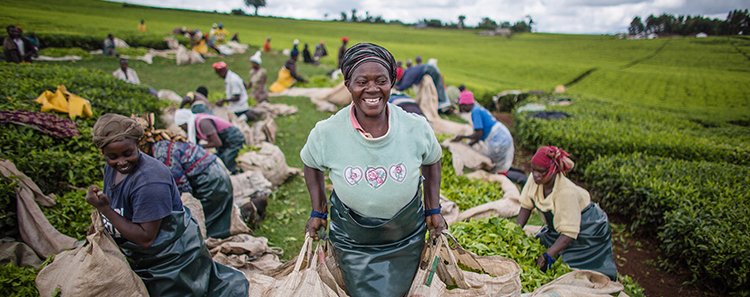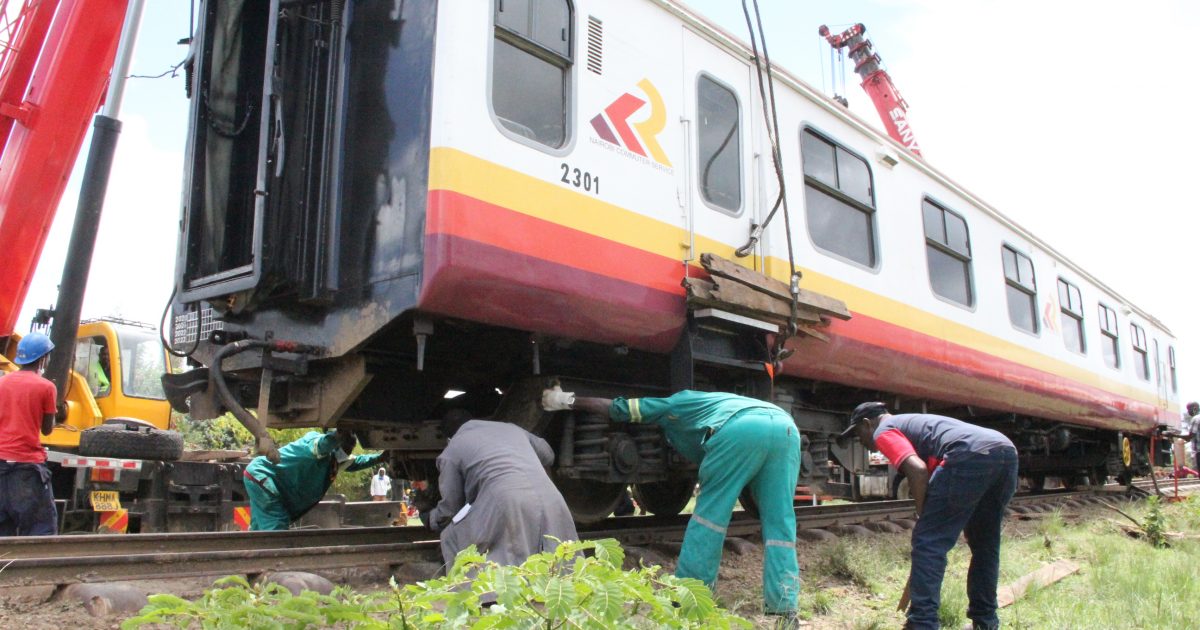Ruto's Plan for the Agricultural Sector
Food security was one of the campaign promises president-elect William Ruto promised to improve the sector by focusing on productivity and increasing product value.

Food security was one of the campaign promises president-elect William Ruto promised to improve the sector by focusing on productivity and increasing product value.
He noted that the agricultural sector meets millions of farmers directly depending on it for wealth generation. To him, the cost of living could be solved by reducing the cost of food.
He pledged to establish a 30 billion revolving fund to provide capital and inputs for farmers and also said he’d provide 12 billion for agricultural extension. This is meant to double the agricultural output of some two million farmers who heavily import to meet their output targets.
Ruto, who is a former agricultural minister, criticized former President Mwai Kibaki’s administration for cutting the agricultural subsidy programs and blamed it for the increase in food prices, as farmers could not access affordable farm inputs which affected farm output.
The president-elect acknowledged that despite the agricultural sector being an important sector in the economy, previous governments had not paid any attention to the sector which led to its gradual decline. “We find ourselves in this place because one; we did not capitalize on our agricultural sector, we removed the fertilizer subsidy program which was reinstated a few months ago. Why did we remove it in the first place?” he posed this during the presidential debate.
Ruto blamed the failings of the big four agenda for the continued issues in the sector and empathized with millions of Kenyans on the increased cost of living. “Kenyans spend 52% of their income on food. The biggest contributor to the cost of living is the increase in food prices. So working on the cost of food, deals with the cost of living.”
Focus on agriculture was a big part of the five pillar manifesto. They promised to offer up to 8 billion to the dairy sector to help improve production to feed the country’s population.
The manifesto also zeroed in on three other products that are heavily consumed within the country but are imported in large amounts despite the country’s ability to produce the products, he talked about edible oils, rice, and wheat which consumed a lot of export earnings.
The coalition promised to invest 250billion between 2023-2027 to help improve the agricultural sector. The policy will also be focused on reducing wastage and promoting value for money spent.
Additionally, the coalition says it will focus on providing adequate working capital for farmers through revitalized cooperative SACCOs, deploying modern agricultural risk management instruments to ensure that farming is profitable, and making sure is predictable through employing Guaranteed Minimum Return Schemes.
They also promised to transform two million poor families from food insecure and make the country to a surplus food producer. But also reducing the dependence on imports by almost 30%, through government-supported programs in cereals, edible oils, and pulses.
They also plan to redevelop struggling cash products and expand on the new emerging products. they pledged to improve the tea value chain leading to higher returns and also help improve efficiency for farmers and improve the quality of seeds sold to improve output.

.Kenya kwanza also believes in direct cash transfers to farmers to better improve their positions both personally and also to produce a surplus for sale and improve the country’s food security and economy.
Once he’s sworn into office the new president will be faced will mounting economic challenges to help reduce the current cost of living, improve the debt burden and reduce the high-level employment among the youth.

 Steve Mburu
Steve Mburu 
























